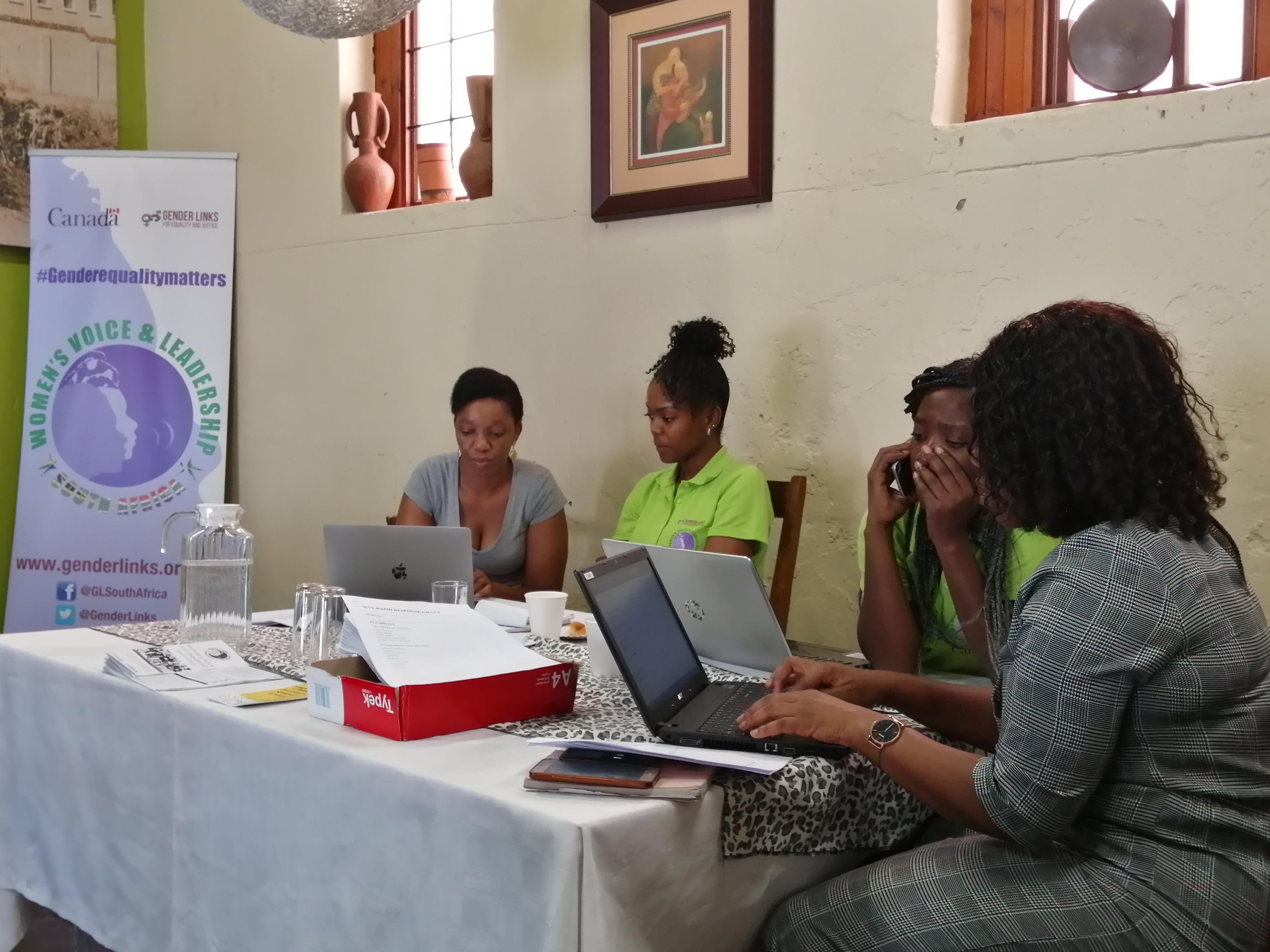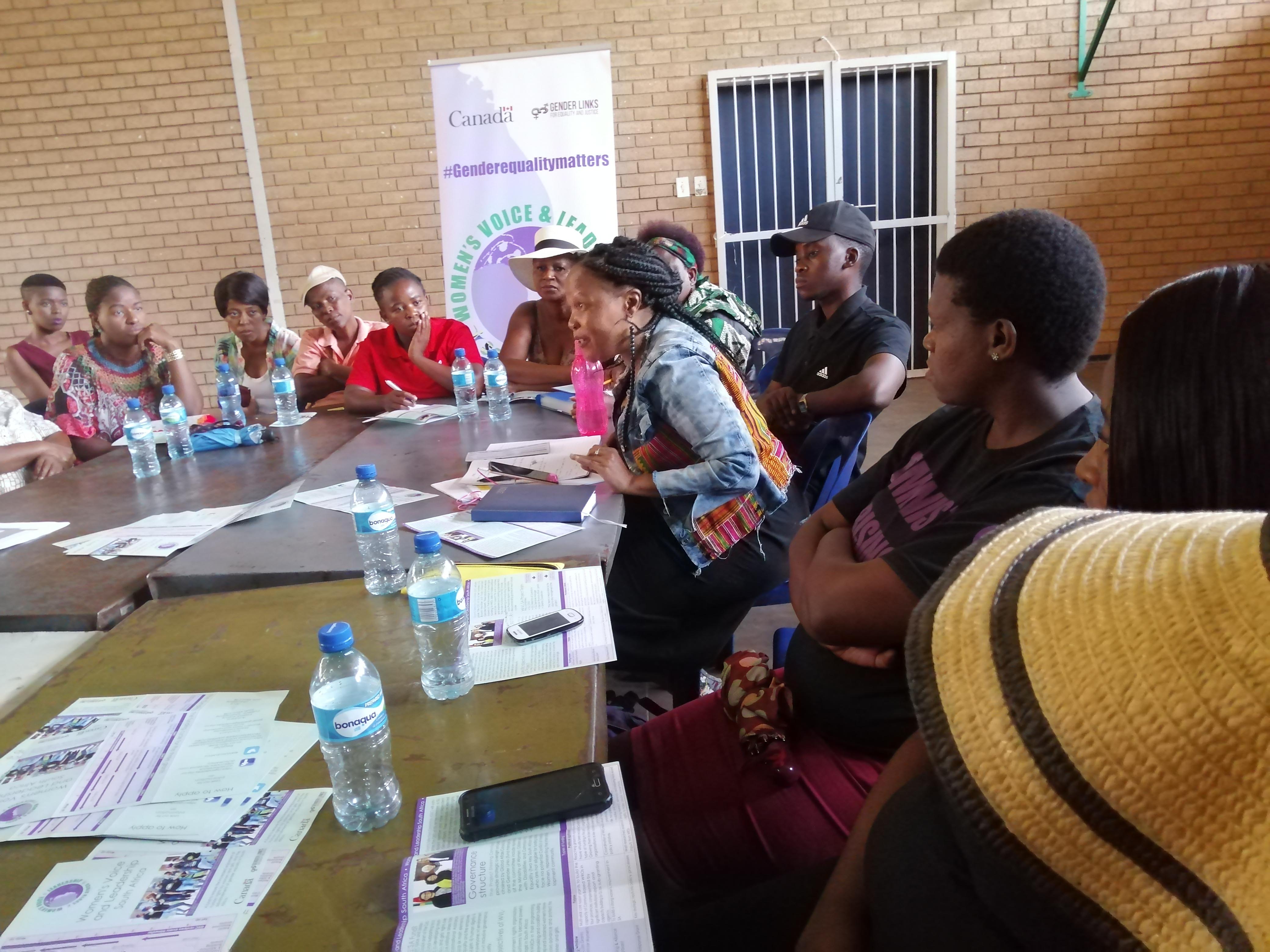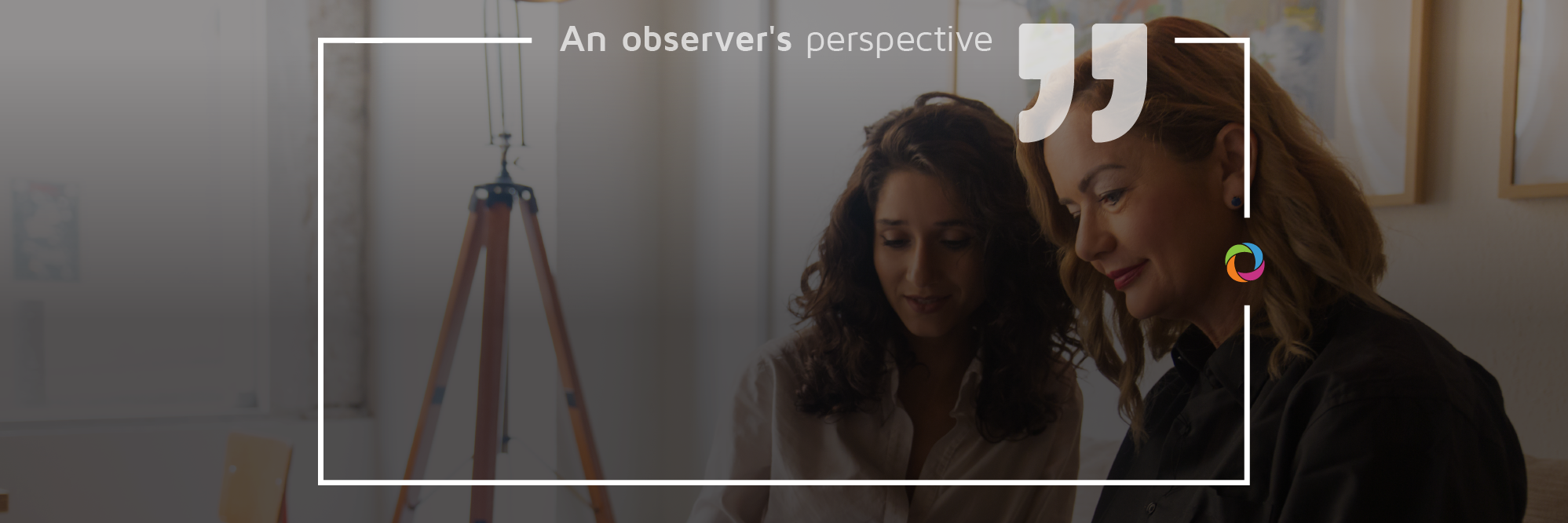In June 2017, Global Affairs Canada launched its Women’s Voice and Leadership Program (WVL). The program, which is driven by Canada’s Feminist International Assistance Policy (FIAP), responds specifically to the funding and capacity needs of small to medium-sized women’s rights organisations (WROs) and networks in developing countries in Asia, Latin America, and Africa.
The WVL Program envisioned that support provided to civil society organisations would advance gender equality, empower women, and promote and protect human rights. The specific aims of the Program are to improve the management and sustainability of local and regional women’s rights organisations, to strengthen the capacity of women’s rights organisations to program and advocate to advance gender equality and the empowerment of women and girls, and to increase the effectiveness of networks and alliances to affect policy, legal and social change. The WVL Program now includes 32 projects, in 30 countries, and is being implemented in collaboration with 21 partner organisations.

In South Africa, the WVL Program is being implemented by Gender Links for Equality and Justice, a medium-sized, regional WRO. Gender Links aims to support and strengthen at least 85 local WROs, including three women’s rights networks, and to provide them with the capacity, resources, and opportunity to advance their priorities for gender equality and women’s empowerment across the most marginalised areas of South Africa.
In partnership with Global Affairs Canada (GAC), Gender Links sought to develop a feminist and transparent selection process and a grants disbursement and management model that would ensure the distribution of funds and capacity building initiatives to the most marginalized WROs in South Africa (i.e. to those organisations that generally do not have the systems, skills, experience, resources or capacity required to access donor funding but who do very important and impactful work towards women’s empowerment).
Ways to increase the number of applications (460 were eventually received) and to capacitate often overlooked WROs included travelling to remote or under-resourced areas and setting up “hubs” where potential applicants were provided with data, access to laptops, basic computer literacy training, other technical support, translation services, and one-on-one support to address any identified skills deficits. A 24-hour helpline was also created to assist organisations during the online application process.
Organisations were not rejected because they failed to meet minimum governance or financial management criteria. Instead, during the due diligence process, they were asked whether they were willing to comply with these standards, and those who were selected were subsequently provided with customized on-the-job training and supported, inter alia, to open business bank accounts, to have two signatories on their accounts, to register their organisations, to establish boards or appropriate governance structures, to register with the receiver of revenue and to complete other activities that promote good corporate governance.

A password-protected helpdesk was established through which grantees could access the necessary financial management, communications, and monitoring and evaluation tools. Numerous group training sessions have taken place whilst individual support continues.
Finally, Gender Links has developed a customized grants management system that functions as an effective and continuous monitoring and evaluation system, whilst also serving as a capacity-building tool, where organisations learn skills and processes on the online platform, linked to training and one-on-one support that will increase their chances of accessing other funding opportunities in the future. The inclusive approach therefore also contributes to the sustainability of the WRO sector in South Africa.
Although the approach is a relatively high-risk one which requires dedication and commitment and places huge demands on the human resource capacity of the implementing organisation, it has been successful thus far, and pilots a fundamental shift from most mainstream funding to a transparent, inclusive, capacitating and feminist approach to funding.

